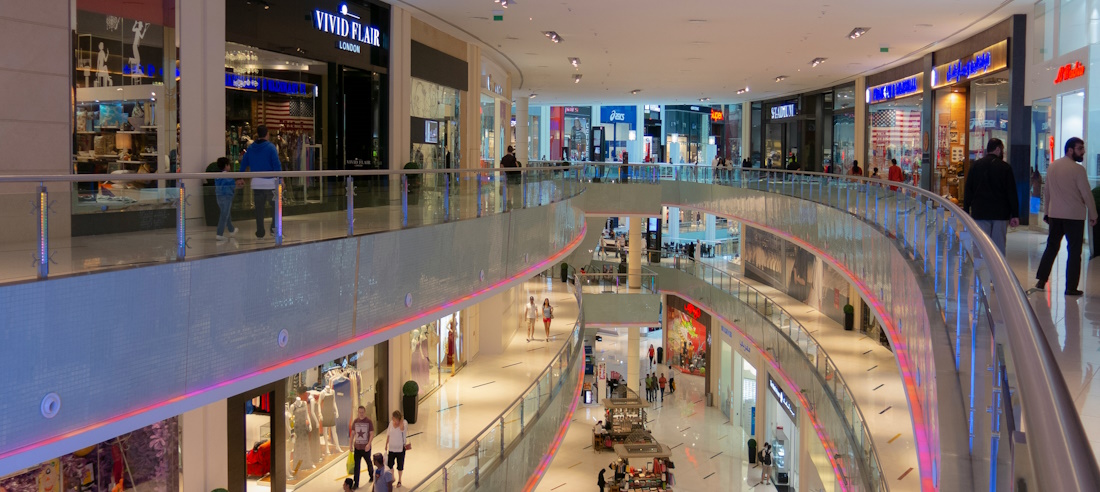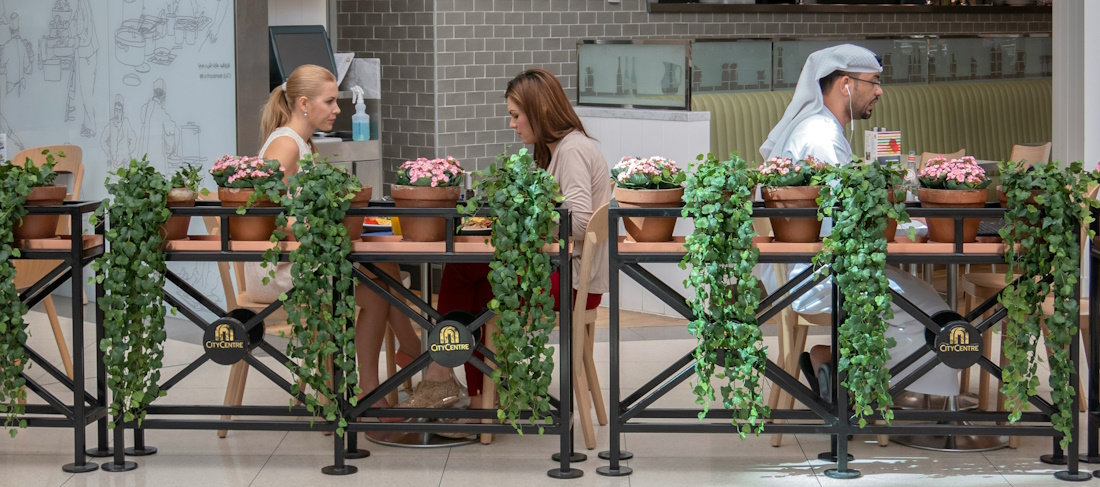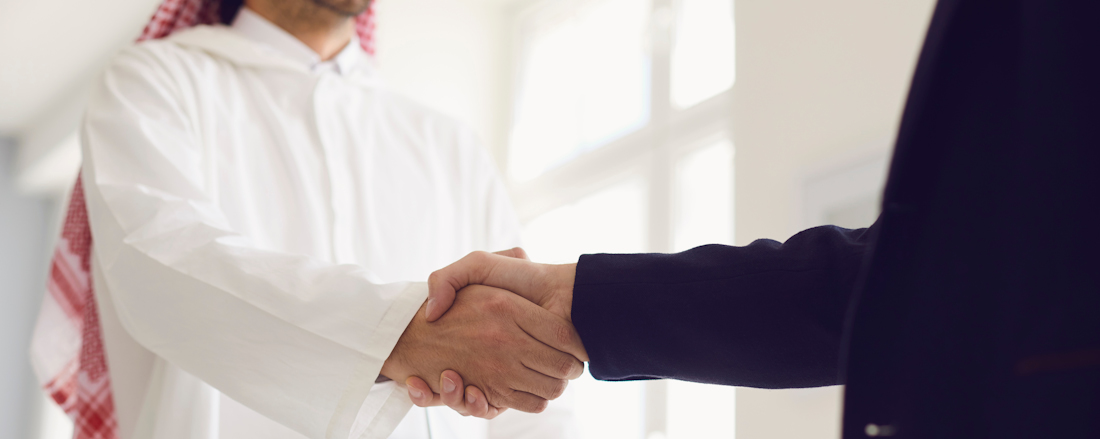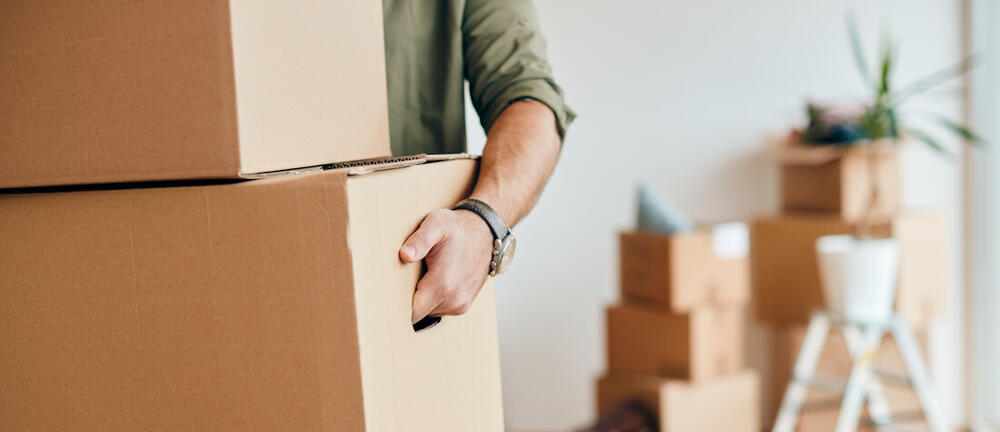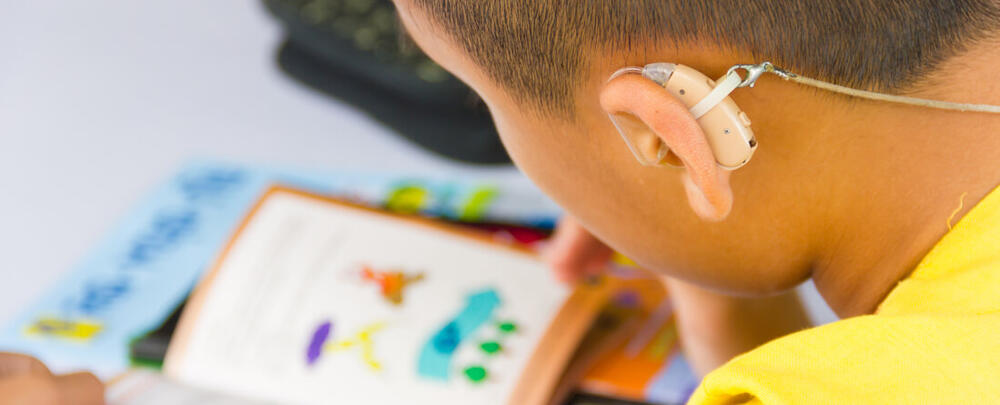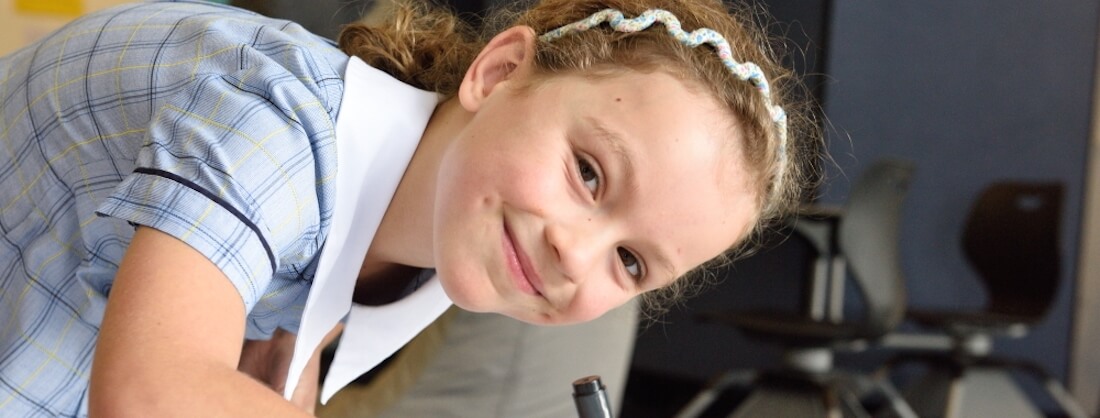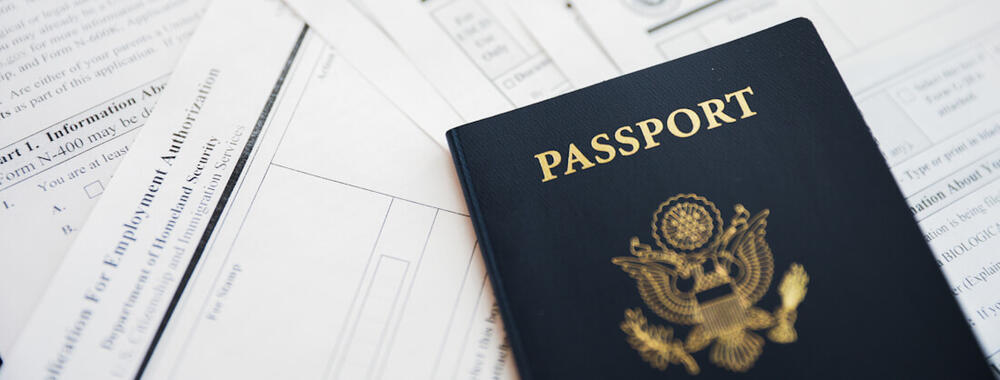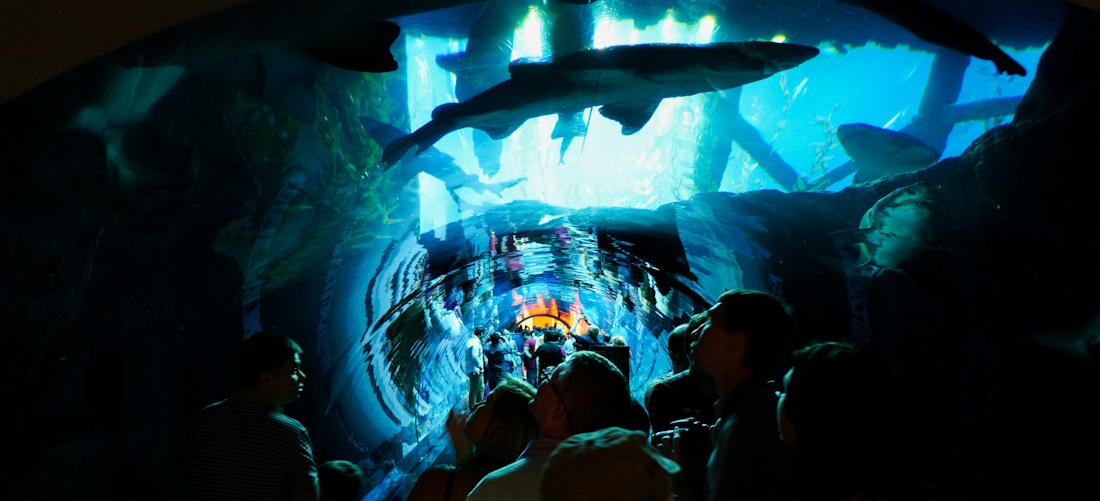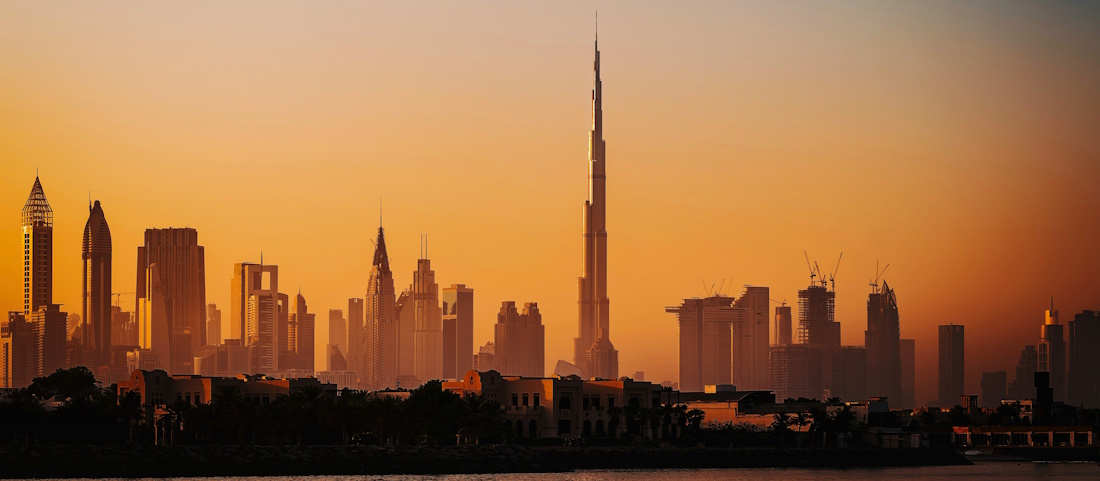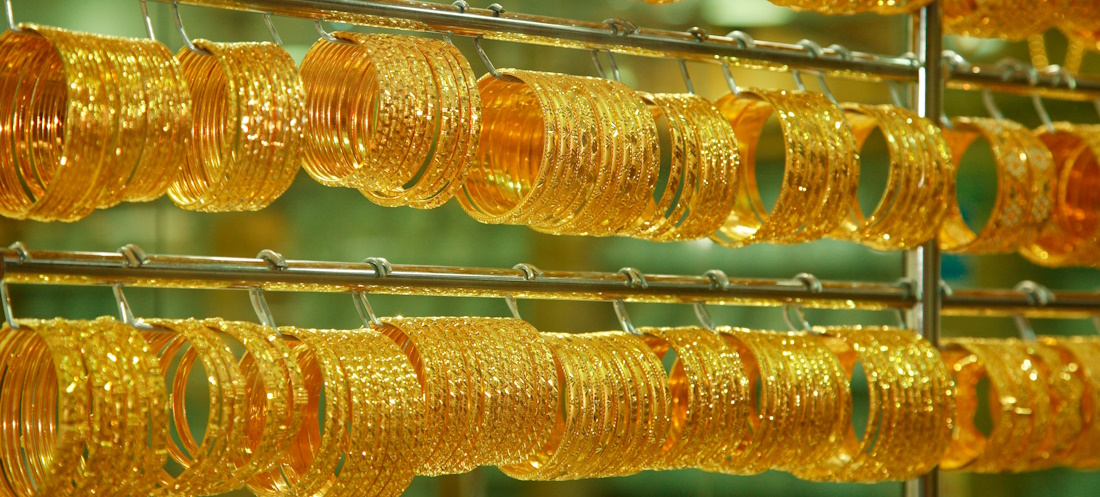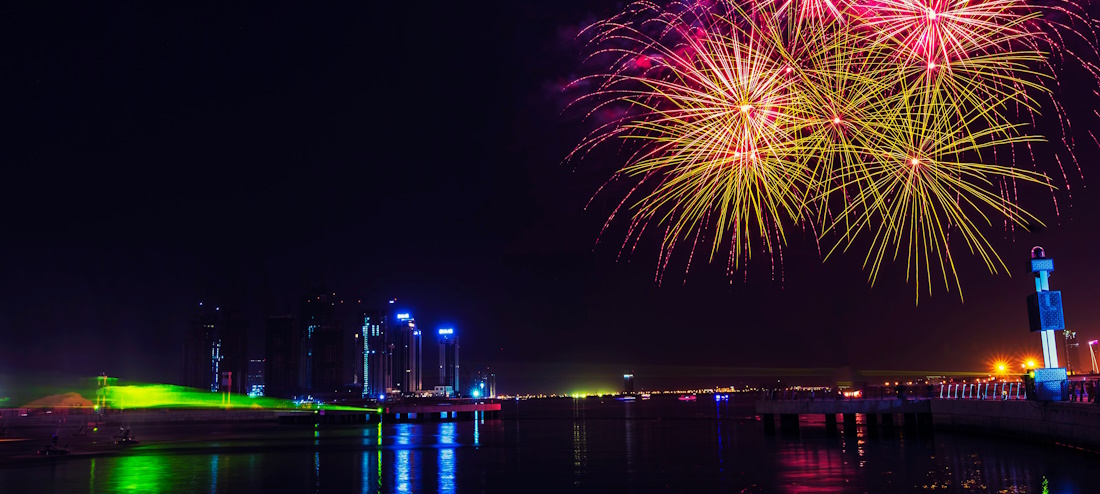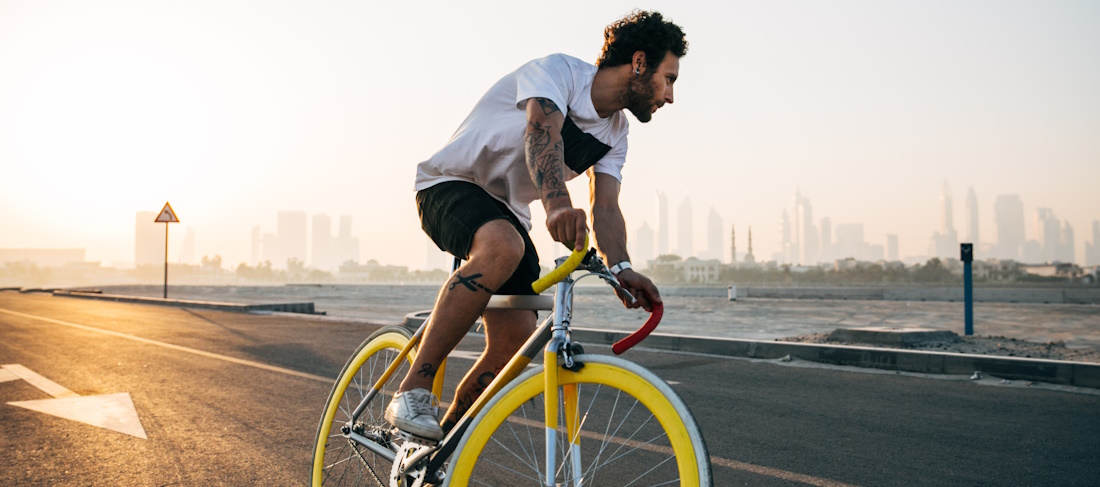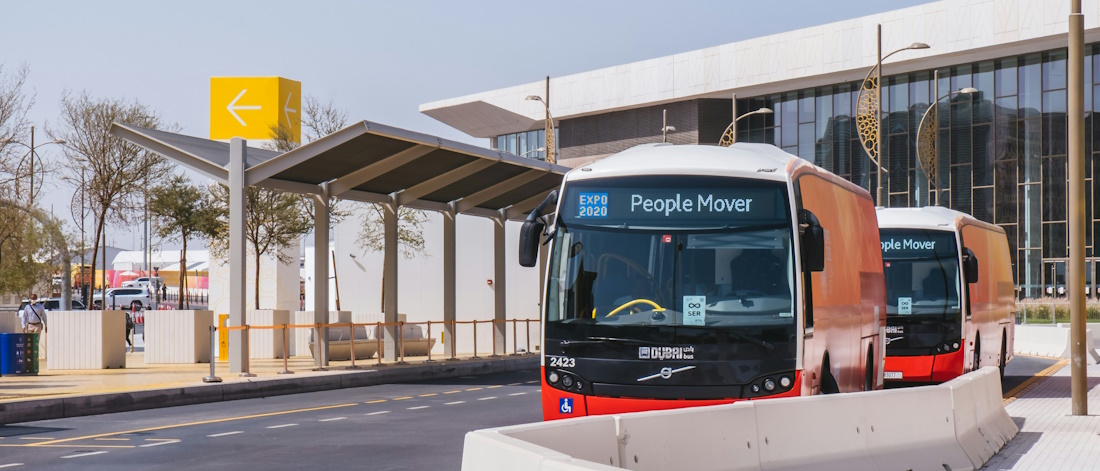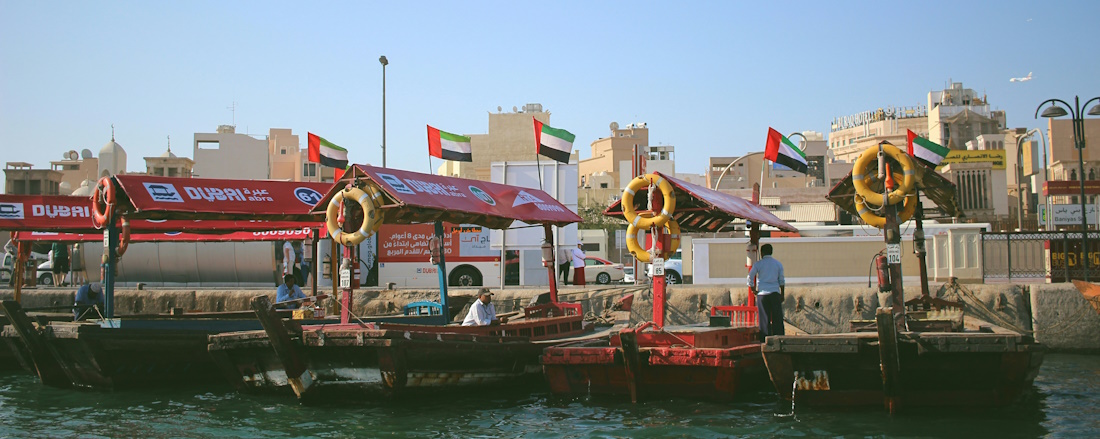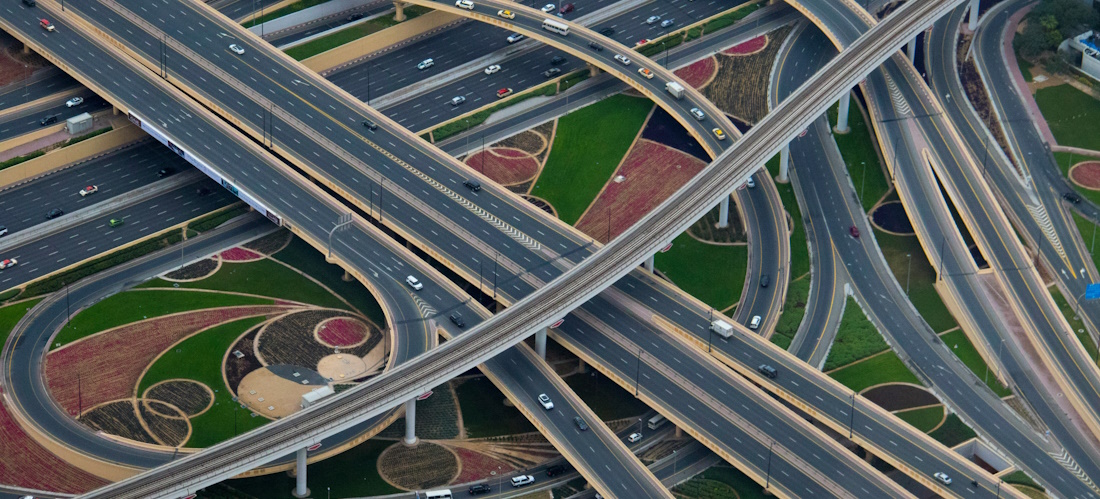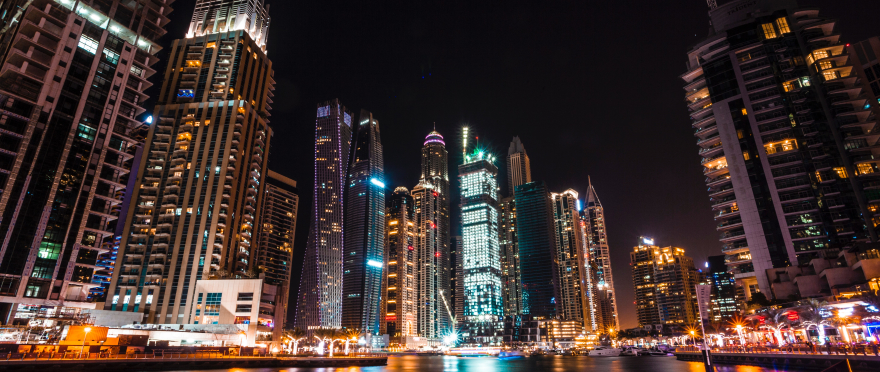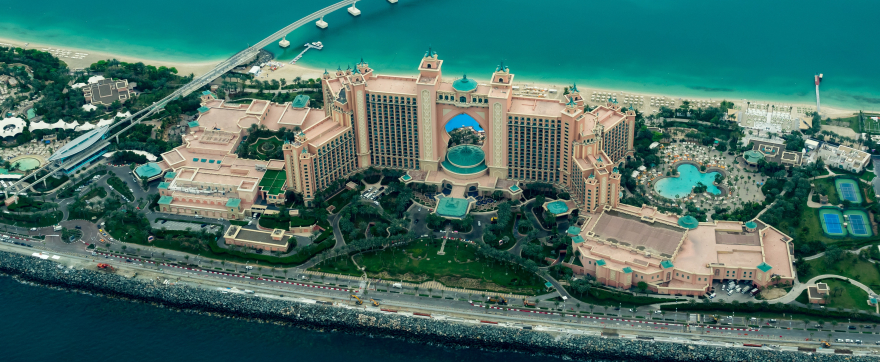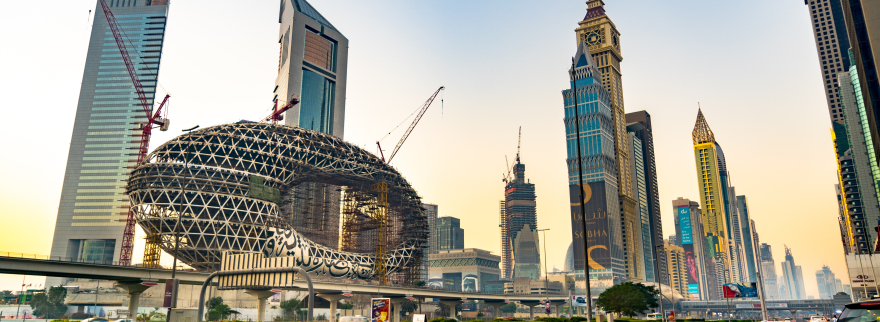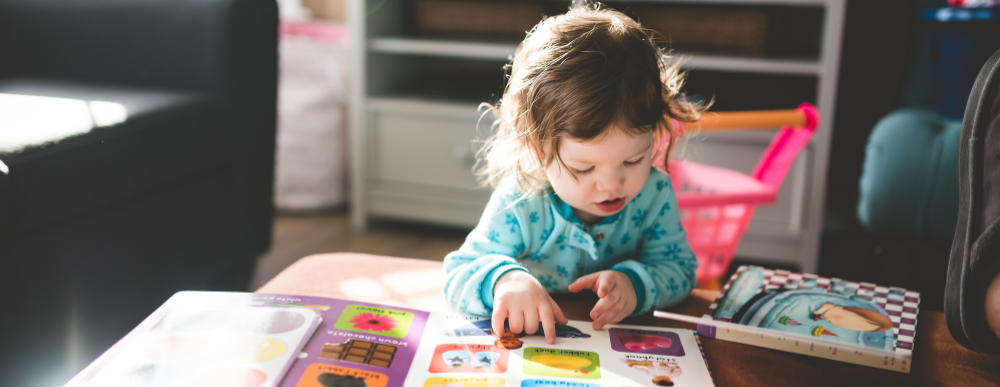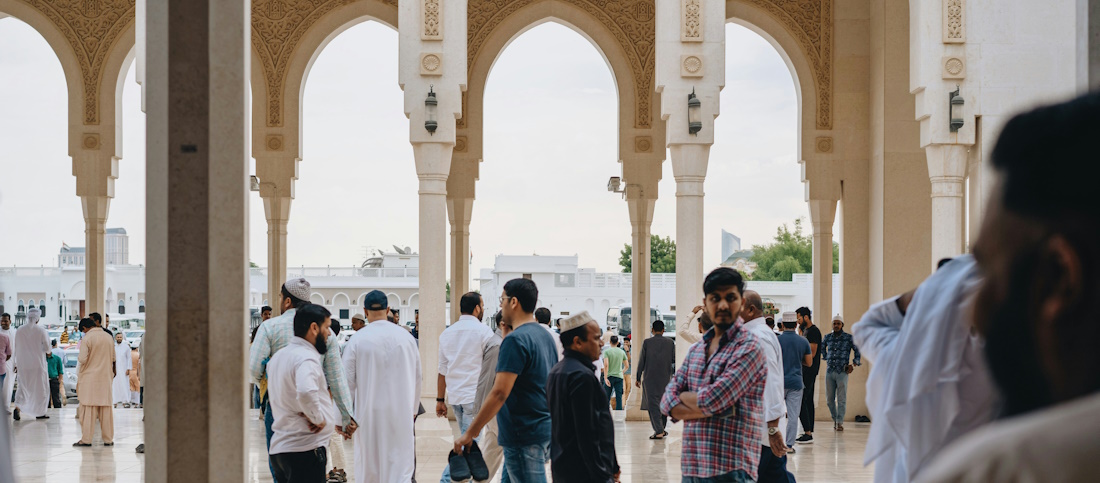There is an abundance of accommodation in Dubai, and expats find it quite easy to find a home to suit their lifestyle and budget, be it a lavish high-rise apartment in central Dubai or more humble housing towards the outskirts of the bustling metro.
Depending on their employment contract, expats may find that they are allocated a home by their employer when relocating from overseas – indeed, we recommend that those relocating to the emirate negotiate with prospective employers to include accommodation in their contract. Expats who would prefer to look for their own accommodation can usually request a housing allowance in order to do so.
Areas and suburbs in Dubai
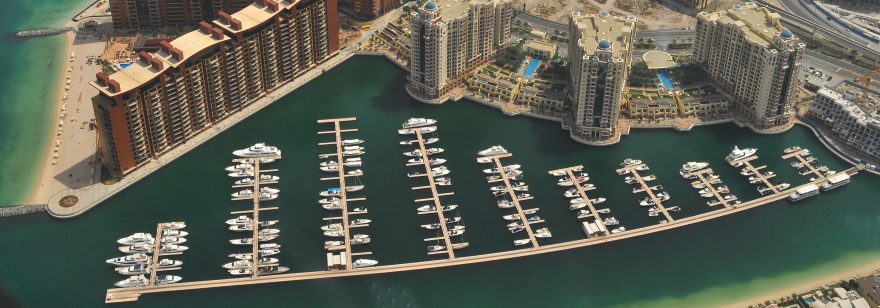
Whether buying property in Dubai or renting, several factors should be considered when searching for accommodation. These include commute times to work (and schools for those with children), traffic congestion and noise level in the area, proximity to shops and restaurants, and, of course, your available budget.
In navigating the diverse landscape of Dubai's residential areas, expats will discover a blend of modern and traditional neighbourhoods that cater to various lifestyles and budgets. From the bustling urbanity of Downtown Dubai to the serene beachfront of Jumeirah Beach Residence, the city presents a multitude of options.
For those seeking a balance between luxury and practicality, communities such as the Dubai Marina offer easy access to work, leisure and lifestyle amenities, making it a favoured choice among young professionals and families alike. It's imperative to explore each area's unique character and amenities, including green spaces, shopping centres, and public transport accessibility to find the perfect match for your lifestyle needs.
See our comprehensive guide to the Best (and Worst) Areas and Suburbs in Dubai.
Types of accommodation in Dubai
The type of accommodation and associated costs are important factors to consider. Both furnished and unfurnished accommodation are available in Dubai, and there are many styles of housing to choose from, with the main ones being:
- Apartments: A common choice among expats, apartments are (mainly) smaller self-contained units in larger buildings; referred to as "flats" in some parts of the world, such as the UK. These range from small studios or one-bedroom units to expansive multi-room units.
- Condominiums: These complexes are similar to apartments but are more luxurious and will generally offer a wide range of facilities. Those at the top of the scale will offer a full suite of facilities including a pool, gym, playground, tennis and squash courts, and 24-hour security.
- Villas: Villas are freestanding with multiple rooms, dining areas and lounges, and tend to have a garden, but can be pricey.
Finding accommodation in Dubai

It’s helpful to hire a real estate agent in Dubai, but it’s also possible to peruse the online classifieds or even just drive through areas of interest and look out for 'To Let' signs.
Expats using an agent to find accommodation in Dubai should ensure the chosen individual is registered with the Real Estate Regulatory Agency (RERA) to minimise their exposure to risk and red tape. There have been reports of unsuspecting expats being duped by illegitimate agents, so it's best to check the agent's credentials before dealing with them.
Useful links
- Visit Property Finder UAE to explore a wide array of rental options tailored to meet your preferences and budget.
- Savills is a leading estate agent, offering a diverse portfolio of property rental listings in Dubai, encompassing everything from city apartments to luxurious estates.
- Discover a variety of residential properties for rent in Dubai, including apartments, studios, and houses, by visiting Allsopp & Allsopp.
- For those seeking short-term accommodations in Dubai, Booking.com offers a selection of apartments for rent, suitable for stays ranging from a week to a fortnight.
- Airbnb is another excellent choice for finding short- to mid-term accommodation options in Dubai, offering everything from monthly rentals to unique stays.
Renting accommodation in Dubai
New arrivals in Dubai generally opt to rent rather than buy, as it can be expensive to purchase property. Those expats who go about the relocation process on their own without the assistance of a real estate agent often elect to rent a short-term serviced apartment while checking out an area and deciding on long-term accommodation. This isn’t strictly necessary, though, and with a good agent, long-term rentals can be secured without the need for temporary accommodation.
Apartments, condos and villas can be rented furnished or unfurnished – it’s up to the tenant and whether they have the capacity and desire to ship furniture from their home country.
Making an application
Once expats have found a suitable area that suits their lifestyle and caters for all their priorities, it’s a good idea to research properties online and contact some local estate agents, who will then set up viewings. When the right home is agreed upon, an application will have to be submitted to the landlord, and a contract drawn up.
Before the contract can be signed, the estate agent or landlord will check references and do some background checks, and check whether the applicant has the required residence visa, passport and proof of income.
Deposits
Many landlords in Dubai will demand the entire year of rent be paid upfront, in addition to a security deposit. If this is a financial possibility, expats should use it to gain leverage over the landlord and try to bring the price down.
Deposits are usually the equivalent of a month’s rent or more and are refundable. Landlords are, however, allowed to make deductions from the deposit or keep the whole amount for various reasons. Deposits are sometimes used to cover unpaid rent, for damages exceeding normal wear and tear, other breaches of the lease agreement, unpaid utility bills, or – if pre-arranged with the tenant – to cover the last month’s rent.
Leases
A lease specifies the tenancy period, along with other important terms and conditions that both parties need to agree on. Expats are urged to fine comb the agreement and ensure that all verbal agreements with the landlord are in print and acknowledged by both parties. Both the tenant and the landlord should also agree on an inventory list at the start of the lease.
At the conclusion of the lease, the landlord and tenant can either choose to agree to renew the lease or end it. We recommend expats try to sign a renewable lease, and then notify the landlord accordingly when ready to leave, rather than having to engage in the house hunt all over again after 12 months.
Utilities in Dubai
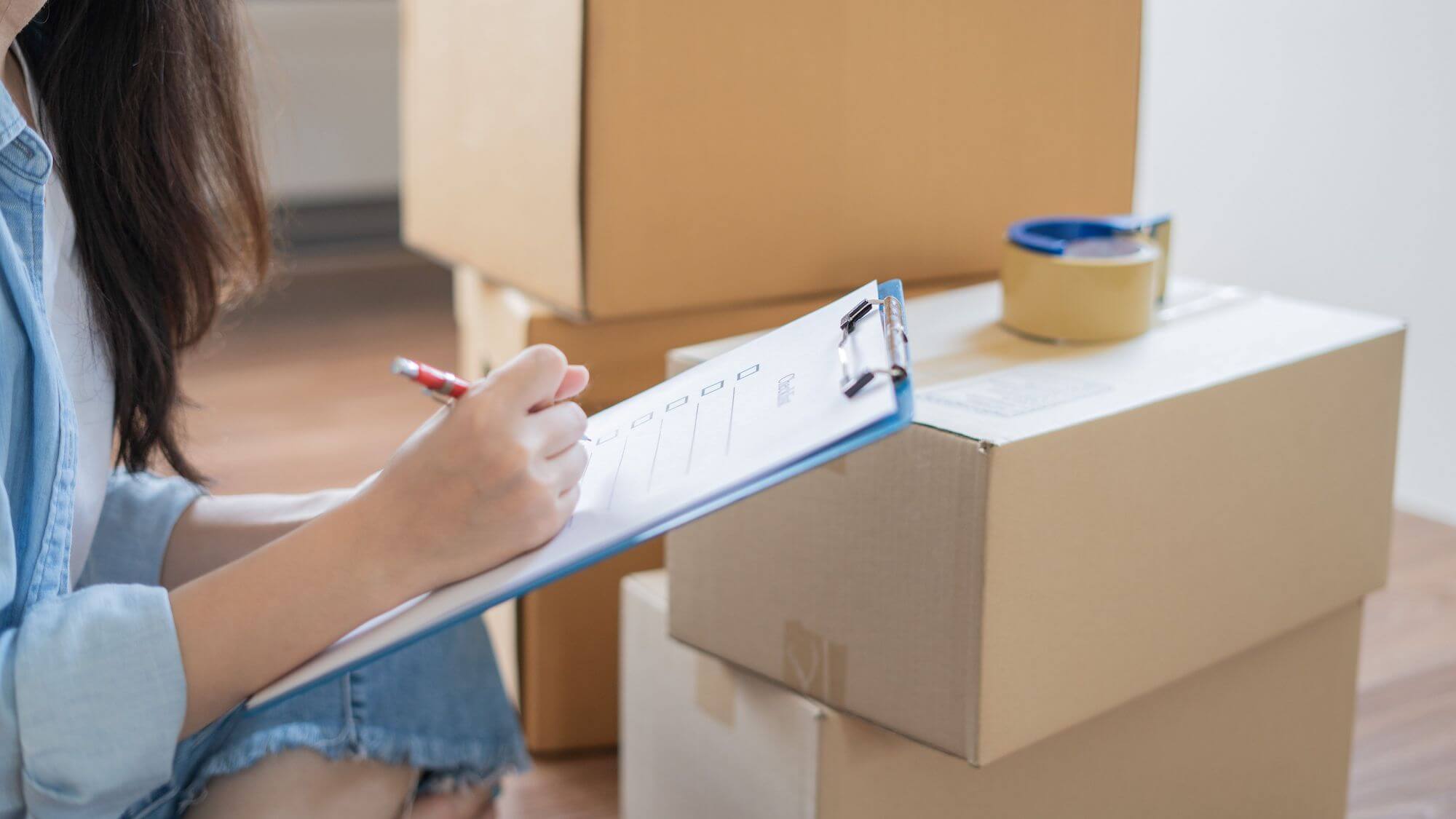
In Dubai, utilities and maintenance are generally for the tenant’s account, but prospective tenants need to scrutinise a lease agreement with care to find out which utilities are included in the rental cost before committing. Expats looking to rent may be expected to pay for internet, electricity, water and gas.
The Dubai Electricity & Water Authority (DEWA) is the principal provider of electricity and water services in Dubai, ensuring that residents have access to essential utilities.
Electricity
Expats moving to Dubai need to set up an account with DEWA to manage their electricity and water services, which can be easily accomplished through DEWA's website or mobile app. New residents should keep in mind that the local voltage is 230V and fixtures use the type G plug, which is standard across Dubai. They may need to use adapters or transformers to use electronics from home.
One of the challenges expats may face is the high electricity consumption, primarily due to the need for air conditioning throughout the year. The hot climate in Dubai can significantly increase utility bills, making energy efficiency a key consideration for residents. To address this, the UAE is actively working towards diversifying its energy sources, with a strong emphasis on developing renewable energy, particularly solar power.
For more information on setting up utilities, payment methods, and energy-saving tips, expatriates can visit the official DEWA website.
Water
The provision of water in Dubai is managed by the Dubai Electricity and Water Authority (DEWA), ensuring that all residents have access to clean and safe water. The water supplied to Dubai's homes is desalinated seawater, which undergoes thorough purification and testing to meet international health and safety standards, making it safe to drink directly from the tap.
Despite the safety of Dubai's tap water, due to personal preferences or concerns about potential impurities and the lack of natural minerals, some residents choose to install water filters or opt for bottled water for drinking. These measures are not necessary from a safety perspective but can improve the taste or remove residual chlorine, commonly used in water treatment for disinfection.
DEWA encourages residents to use water wisely, considering the region's arid climate and the energy-intensive process of desalination. Simple actions such as fixing leaks, installing water-saving devices and using water-efficient appliances can significantly reduce water consumption and help conserve this precious resource.
For information on setting up your water connection, conserving water and understanding your water utility bills, visit the official DEWA website. This resource provides comprehensive guidance on all aspects of water usage in Dubai, from application procedures to tips on sustainable consumption.
Gas
In Dubai, the provision of domestic gas is managed by major companies such as SERGAS and Emirates Gas. These companies ensure the safe and efficient delivery of gas, whether through central piped supplies in Abu Dhabi or LPG containers in Dubai and the Northern Emirates. Residents in buildings without a central gas supply typically use gas cylinders, provided by these companies through a network of distributors.
It's crucial to note the restrictions on gas usage in certain buildings in Dubai, where direct gas connections may be prohibited, and residents must use gas cylinders instead.
For more details on obtaining a new gas connection and the associated safety guidelines, visit the Emirates Gas website or the SERGAS website.
Bins and recycling
Dubai is committed to environmental sustainability, with recycling a key component of this initiative. The city has introduced smart bins for collecting 18 different types of materials, including paper, cardboard, plastic, metal packages, glass, used clothes, fabric waste, rubber, leather, wood, electronic waste and batteries. These smart bins are equipped with sensors to monitor fill levels, enabling efficient scheduling of unloading shifts to ensure that bins are always ready to accept recyclables.
To facilitate recycling for residents, the Dubai Municipality has established 13 recycling stations at strategic locations throughout the emirate. This makes it convenient for individuals to contribute to recycling efforts by disposing of their recyclables in an environmentally friendly manner.
Additionally, several companies and initiatives are in place to collect and recycle specific items, such as e-waste, large items and household waste, further supporting Dubai's recycling infrastructure.
For more information on recycling stations, how to recycle specific items and tips for reducing waste, residents can visit the Dubai Municipality website.
Internet
In Dubai, Etisalat and du serve as the primary internet service providers, offering fibre and 5G internet services to accommodate the needs of the city's diverse and tech-savvy population. These services ensure high-speed internet access, catering for both residential and commercial users and facilitating seamless connectivity for browsing, streaming, gaming and business.
Expats planning to live in Dubai should be mindful of the internet censorship regulations in place within the UAE. The Telecommunications Regulatory Authority (TRA) mandates the blocking of certain types of content that are considered incompatible with the moral values of the UAE. This includes but is not limited to pornography, politically sensitive material and unlicenced VoIP services.
Popular platforms such as Skype and WhatsApp calling are often restricted, affecting the way expats can communicate with friends and family abroad, although there are government-approved VoIP services available, providing alternatives for international communication.
For more information on internet service options, censorship policies and legally approved communication platforms, expatriates can visit the websites of Etisalat and du, as well as the Telecommunications Regulatory Authority (TRA) for the latest updates and guidelines.
